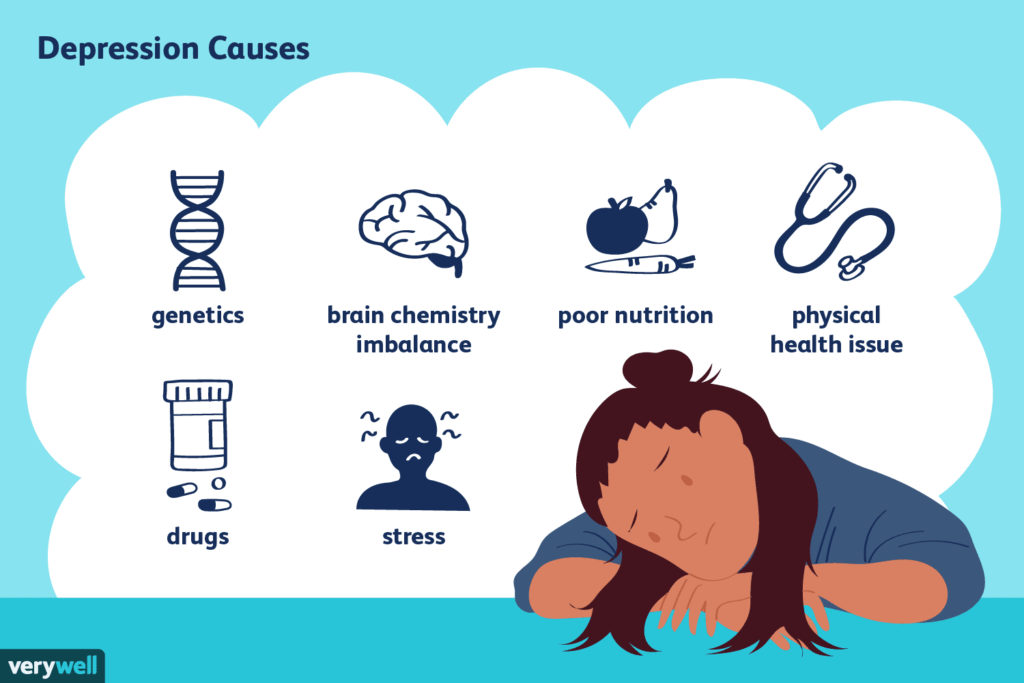[ad_1]
Depression is a complex mental health condition that affects millions of people worldwide. Despite its prevalence, there is still a significant stigma surrounding depression that can prevent individuals from seeking help and accessing the support they need. It’s time to break the stigma and increase understanding of the complexity of depression.
Depression is not just feeling sad or down on occasion. It is a serious medical condition that affects a person’s thoughts, feelings, and behaviors. It can impact every aspect of a person’s life, including their relationships, work, and physical health. Depression is not a sign of weakness or a character flaw – it is a medical illness that requires treatment and support.
One of the key reasons for the stigma surrounding depression is the misconception that it is simply a matter of “snapping out of it” or “just being positive.” This oversimplification ignores the biological, psychological, and environmental factors that contribute to the development of depression. Genetics, brain chemistry, life experiences, and traumatic events can all play a role in the onset of depression.
Furthermore, people with depression often face judgment and criticism from others who may not understand the severity of their condition. This can lead to feelings of shame, guilt, and isolation, which only worsen the symptoms of depression. It is crucial for society to recognize that depression is a legitimate illness that requires empathy, understanding, and support.
Another barrier to addressing the stigma surrounding depression is the misconceptions about treatment options. Many people believe that therapy and medication are not effective or that seeking help is a sign of weakness. However, therapy and medication are evidence-based treatments that have been proven to help individuals manage their symptoms and improve their quality of life.
In addition to traditional treatment options, lifestyle changes such as exercise, healthy eating, and stress management can also play a significant role in managing depression. It is important for individuals with depression to work with a healthcare professional to develop a comprehensive treatment plan that addresses their unique needs and challenges.
Breaking the stigma surrounding depression requires a multi-faceted approach. Education, awareness, and open conversations about mental health can help debunk myths and misconceptions about depression. By sharing personal stories, advocating for mental health resources, and promoting self-care and self-compassion, we can create a more supportive and understanding environment for individuals struggling with depression.
Ultimately, understanding the complexity of depression and challenging the stigma surrounding it is essential for promoting mental health and well-being. It is time to prioritize mental health, offer support to those in need, and create a society where individuals with depression feel empowered to seek help and thrive. Let’s break the stigma and work towards a world where mental health is valued and prioritized.
[ad_2]

